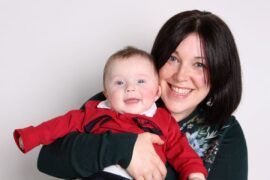LISTEN AND WATCH
You don’t have to mediate every argument. Often children will work through a slight disagreement on their own. Step in only if the argument continues with no resolution in sight, or if they begin to push or hit each other.
PRAISE AND ENCOURAGE
When your child has had a good play session, don’t be shy about giving out compliments. Let your child know that you’re proud of the day’s success.
What NOT to do:
DON’T MAKE PLAY DATES TOO LONG
Children’s social skills tend to deteriorate over time.
Watch your child for signs that it’s time to end the event. One to three hours is usually plenty for young children.
As they get more familiar and comfortable in the friendship you can experiment with longer play times.
DON’T FORCE FRIENDSHIPS ON KIDS WHO DON’T MESH
Just like adults, some children click and play well together. Others seem to clash whenever they are together. Try to choose playmates that bring out the best in your child.
DON’T LEAVE THE KIDS ALONE WHILE THE ADULTS SOCIALISE
When children are older you’ll be able to leave them alone to play. Younger children, though, require more monitoring and supervision to keep things running smoothly.
DON’T HAVE TOO LARGE A GROUP
If you are having any behaviour problems or shyness issues, see what happens if you pare down to only two or three children together at a time.
The more little personalities in the room, the more likely problems will arise. Once you notice that things are consistently going well in the small group then you can move on to a bigger play group.
Elizabeth Pantley is a mother of four, grandmother, and author of the bestselling book, The No-Cry Sleep Solution, plus 8 other books in the No-Cry Solution Series which helps mums and dads through all key stages of parenting. Visit her at nocrysolution.com.










